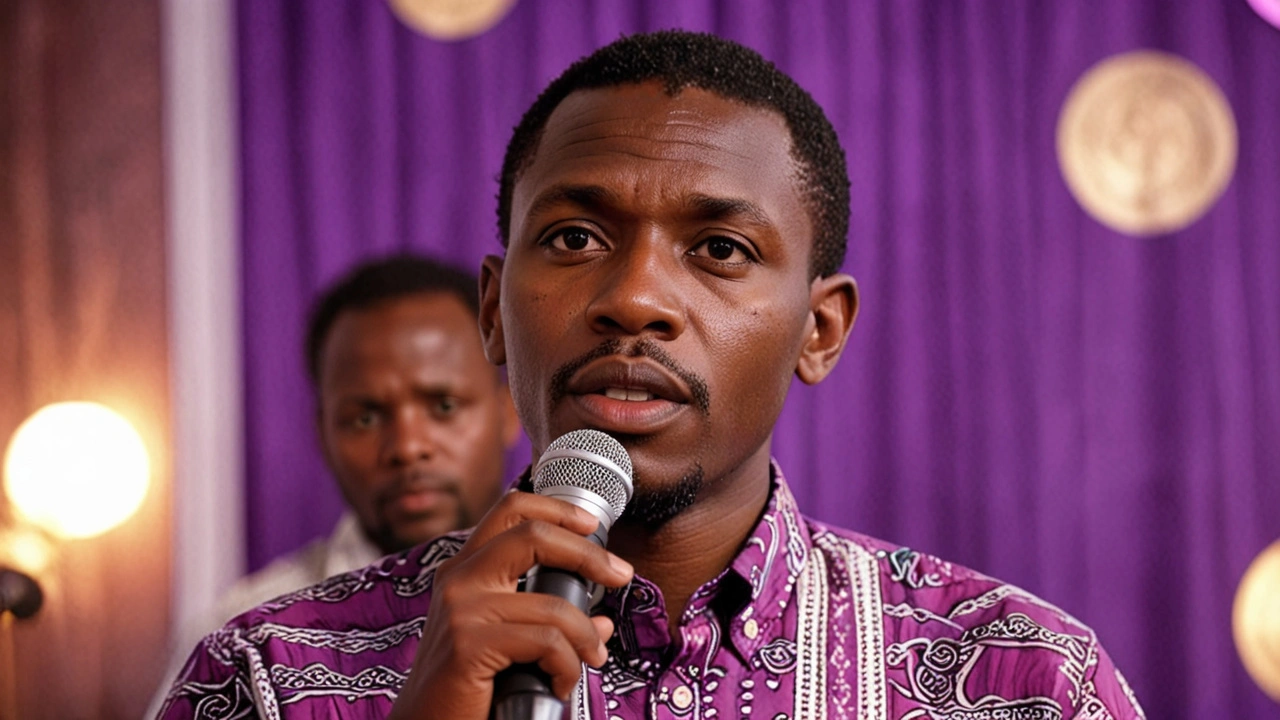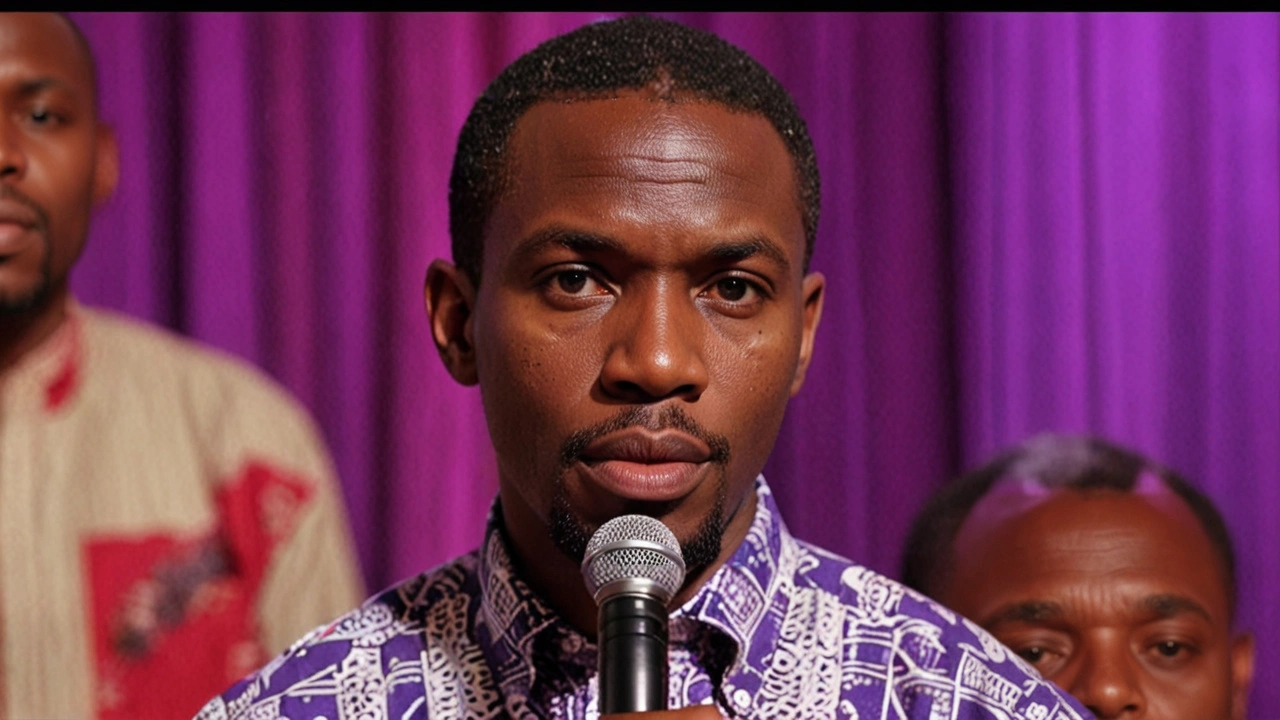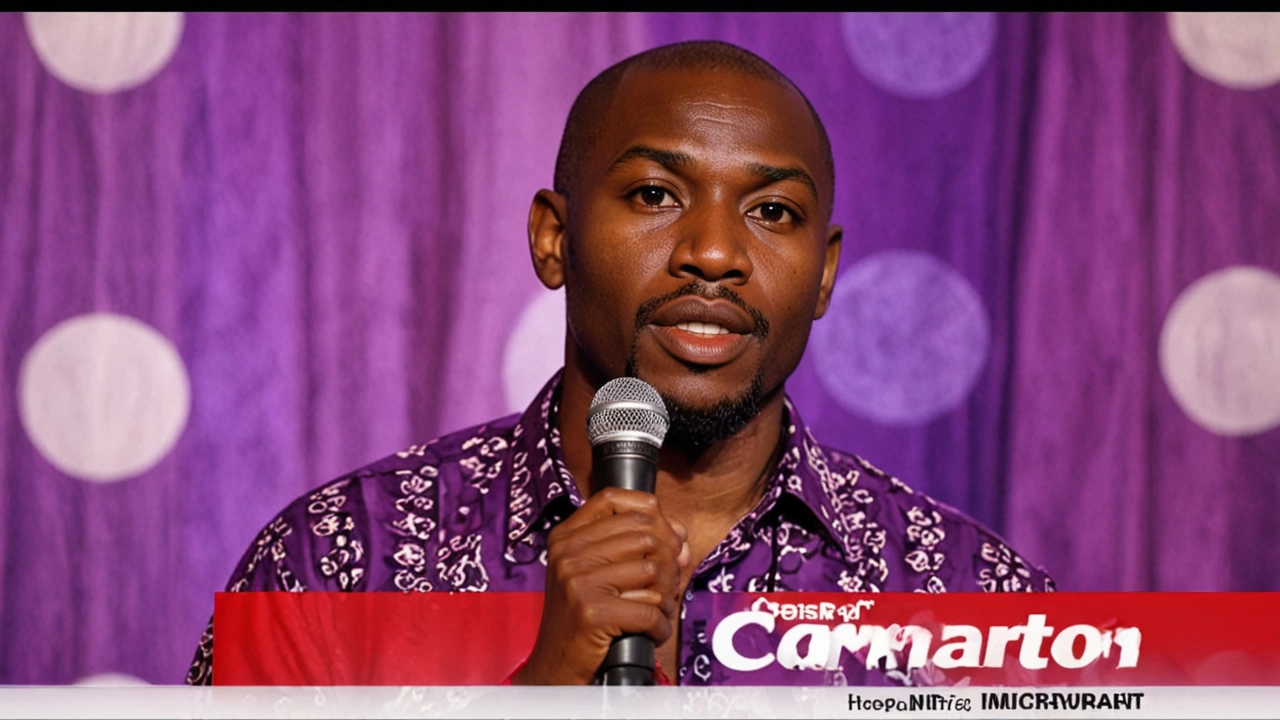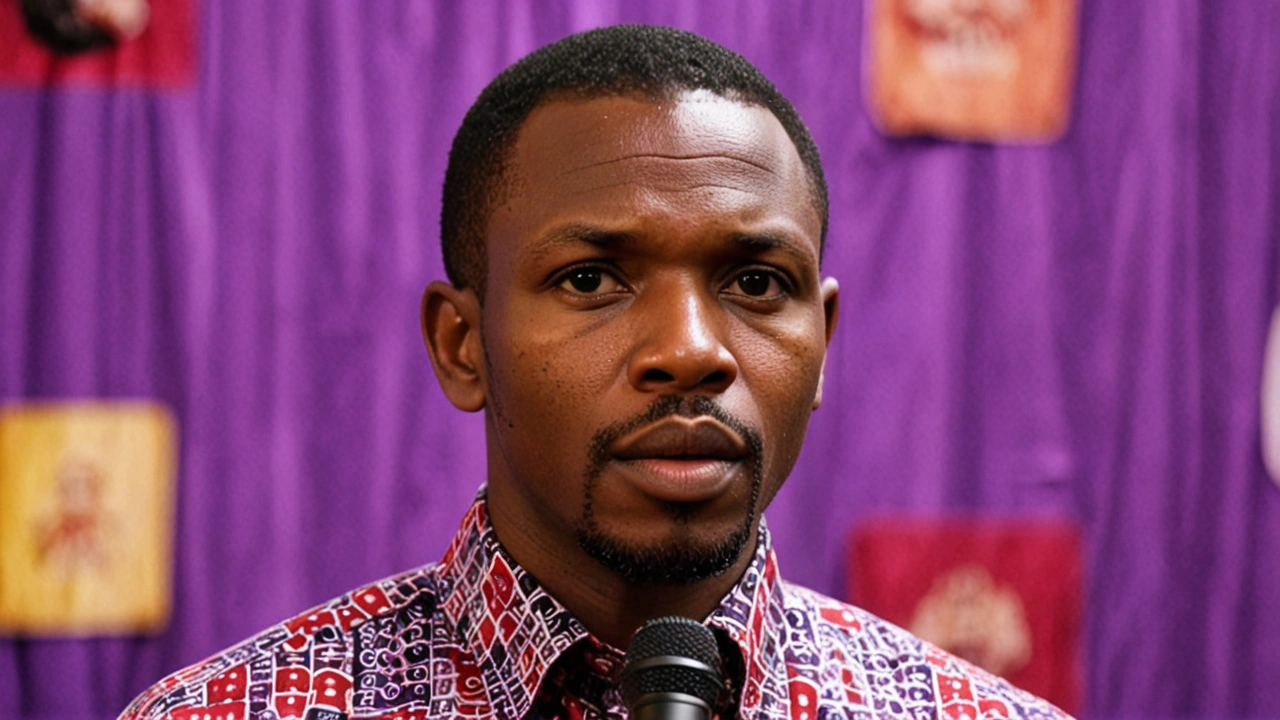Introduction
In an unexpected yet potent demonstration of the power of public sentiment, the Seventh-day Adventist (SDA) Church has made a significant decision to reverse the suspension of five prominent religious leaders, including Pastor Elizabeth Mokoro. This development has not only started conversations within the religious community but has also spotlighted the broader societal implications of such actions. The initial suspension led to a wave of online outrage, showcasing the emphatic role that public opinion can play in institutional affairs.

The Suspension and Its Aftermath
The SDA Church, known for its structured and disciplined approach to religious and administrative matters, faced widespread backlash following the suspension of the five leaders. Alongside Pastor Elizabeth Mokoro, Kenneth Maina, Evangelist Shaban Ndege, Evangelist Millicent Odhiambo, and Evangelist Lantena were also subjected to the same punitive measure. The announcement, which did not specify the reasons behind the suspension, left many followers and supporters in a state of confusion and frustration.
Reaction on social media was swift and vehement. Many congregants and other members of the public took to various platforms to express their dismay and disappointment. Hashtags supporting the leaders and calling for clarity and justice began trending, putting substantial pressure on the church's leadership.
The Reversal
The SDA Church's decision to reverse the suspension came through an official letter dated July 10, 2024. The letter, signed by Pastor Eliab Ombuoro, the KCF Executive Secretary, instructed all recipients to disregard the previous directive. This sudden reversal not only appeased the inflamed sentiments of the public but also raised questions about the efficacy and transparency of decision-making processes within the institution.
“After careful consideration and taking into account the feedback from our devoted members, we have decided to lift the suspension of the aforementioned religious leaders,” read the letter in part. This move was seen by many as a direct result of the public’s vocal opposition.

Impact of Public Outcry
The power and influence of the public in this context cannot be understated. The SDA Church, like many other religious entities, relies heavily on the trust and support of its members. The rapid, collective voice of the people, amplified by social media, demonstrates a growing trend where institutions can no longer operate in a vacuum, immune to public scrutiny.
With the proliferation of digital platforms, the relationship between institutions and the public has fundamentally shifted. Transparency and accountability are now paramount, and any actions perceived as unjust or opaque are quickly challenged by a vigilant and active online community.
Looking Forward
While the reversal of the suspension has brought relief to many, it also begs the question of whether the initial decision was made with due diligence. Institutional integrity and the mechanisms for handling disciplinary issues within the church will likely come under more scrutiny in the future. This incident may prompt the SDA Church, and potentially other religious organizations, to evaluate and possibly revise their procedures to align better with the expectations of their members and the broader community.

Conclusion
The incident surrounding the suspension and subsequent reinstatement of Pastor Elizabeth Mokoro and the other leaders serves as a stark reminder of the dynamic interplay between institutions and public opinion. As organizations navigate the complexities of the digital age, the voices of the people they serve will continue to grow in importance. Ensuring transparent, fair, and just processes within such institutions will be crucial in maintaining trust and fostering a sense of unity.
This case also exemplifies the increasing role of social media as a critical tool for advocacy and change, potentially heralding a new era where public engagement has the power to shape institutional decisions.


 Sports
Sports
Sivaprasad Rajana
July 12, 2024 AT 00:48It looks like the church listened to the congregation and reversed the decision, showing that public pressure can influence internal policies.
Andrew Wilchak
July 20, 2024 AT 16:20Wow, the whole thing was a media circus.
Roland Baber
July 29, 2024 AT 07:51From a supportive standpoint, it’s good that the leadership reconsidered. The faithful deserve transparency, and this shift may restore some trust. It also reminds institutions that they operate within a community, not above it.
Phil Wilson
August 6, 2024 AT 23:23Analyzing the reversal, one can see a strategic realignment of stakeholder engagement. The decision likely incorporated risk management protocols to mitigate reputational damage. Such an approach aligns with best practices in ecclesiastical governance.
Roy Shackelford
August 15, 2024 AT 14:55The whole reversal is just a smokescreen orchestrated by hidden hands. They want us to think we have a voice while the real agenda stays untouched. Wake up and see the pattern.
Karthik Nadig
August 24, 2024 AT 06:27😂🙄 Absolutely, it’s classic misdirection. They pull the rug, then pretend it was a ‘mistake’ so we keep cheering. The drama never ends.
Charlotte Hewitt
September 1, 2024 AT 21:58Honestly, it feels like some covert group is pulling strings behind the scenes. The church’s sudden change of heart is too tidy to be genuine.
Jane Vasquez
September 10, 2024 AT 13:30Oh please, another episode of the ‘church drama series.’ If only they’d stop playing the victim and actually own up, maybe we’d get somewhere.
Hartwell Moshier
September 19, 2024 AT 05:02They listened to the crowd and changed the call it seems
Jay Bould
September 27, 2024 AT 20:34Greetings! This reminds me of how communal voices shape decisions in many cultures. It’s heartening to see a global faith acknowledge its members.
Mike Malone
October 6, 2024 AT 12:05In contemplating the recent reversal of Pastor Mokoro’s suspension, one must first acknowledge the intricate tapestry of institutional authority intertwined with the multifaceted chorus of congregational sentiment. The initial decision, shrouded in opacity, inevitably invited speculation regarding procedural propriety and doctrinal alignment. Yet, as the digital sphere burgeoned with steadfast advocacy, the ecclesiastical hierarchy found itself at a crossroads wherein silence could no longer be deemed an option. It is within this crucible of public pressure that the leadership elected to promulgate an official rescission, thereby reinstating the pastors in question. Such a maneuver, while seemingly conciliatory, simultaneously raises questions concerning the elasticity of doctrinal enforcement when juxtaposed against popular demand. The church, historically perceived as a bastion of steadfast governance, now appears amenable to recalibration in response to external agitation. Moreover, this episode elucidates the evolving dynamics of religious institutions operating amidst an era where information dissemination occurs at unprecedented velocity. The very act of publishing a reversal via formal correspondence underscores an awareness of transparency, yet the underlying motivations remain subject to interpretation. Scholars may argue that this represents a progressive shift towards participatory governance, while critics might contend it reveals a susceptibility to performative compliance. In any case, the incident serves as a case study in how collective voices, amplified through social media, can enact palpable change within established hierarchies. As observers, we are reminded that institutions, no matter how venerable, do not exist in isolation; they are responsive, albeit occasionally reluctantly, to the murmurs of their constituents. Ultimately, the reverberations of this reversal may well inform future policy deliberations, urging a more dialogic approach to disciplinary measures within the church’s framework.
Pierce Smith
October 15, 2024 AT 03:37While the extended analysis offers depth, the core takeaway remains clear: public advocacy has tangible influence, and the church’s response reflects a pragmatic adaptation to contemporary expectations.
Abhishek Singh
October 23, 2024 AT 19:09Typical power play-pretend they care about us then flip the script when it suits them. Nice one.
hg gay
November 1, 2024 AT 09:41It’s understandable to feel disillusioned when decisions appear opportunistic. Yet, it’s also important to recognize that institutions may genuinely reassess policies when presented with compelling feedback. 🤗 The key is fostering ongoing dialogue so that future actions are rooted in both doctrinal integrity and congregational trust.
Owen Covach
November 10, 2024 AT 01:12Interesting shift-seems the church finally heard the crowd.
Pauline HERT
November 18, 2024 AT 16:44Well, looks like the loudest voices got what they wanted. Classic.
Ron Rementilla
November 27, 2024 AT 08:16Curious how quickly institutional stances can pivot when faced with organized dissent; it highlights the need for transparent oversight mechanisms.
Chand Shahzad
December 5, 2024 AT 23:48Indeed, fostering clear, accountable processes benefits both leadership and the faithful, ensuring decisions are made with integrity and communal confidence.